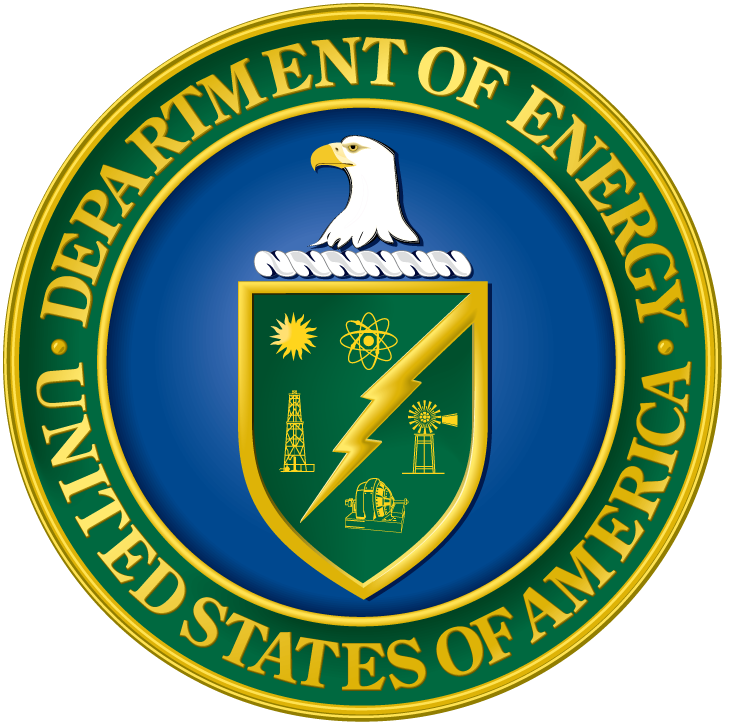Part 1 of 3 Parts
The nuclear waste sitting at power plants across the United States contains enough radioactive materials to power the country for more than one hundred years at the current rate of power consumption. Recycling spent nuclear fuel was banned in the U.S. in 1977. President Jimmy Carter was afraid that nuclear reprocessing could result in the production of weapons-grade nuclear materials which could be used to make nuclear weapons.
In the past forty-seven years, China, France, Japan, Russia and the United Kingdom have all developed the technology necessary to recycle spent nuclear fuel into new fuel. The U.S. made a plan to bury spent nuclear fuel underground and even began construction of a facility. However, the project was abandoned without a clear alternative.
The short-term spending bill passed this week in the U.S. House of Representatives to avert a government shutdown contains the first major government funding for commercializing technology to help recycle spent nuclear fuel.
The new legislation dedicates ten million dollars to a cost-sharing program to help private nuclear startups pay for the expensive federal licensing process. For first time, nuclear waste-recycling companies are eligible for these government funds according to separate documents from Congress explaining what’s in the 1,050-page bill that passed Wednesday.
Craig Piercy is the chief executive of the American Nuclear Society (ANS). The ANS is a professional organization that promotes nuclear science and technology. Piercy said, “There is developing commercial interest in nuclear-fuel recycling. What Congress is doing is providing some assistance to begin exploring the regulatory pathways to allow this to become a commercial reality.”
Ten million dollars is a relatively small down payment to help launch an industry that may ultimately require billions to get off the ground. However, its inclusion in a spending bill with bipartisan support from both Republicans and Democrats represents a shift on what was once one of the most polarizing issues with respect to nuclear energy. The funding was a particular priority for Rep. Chuck Fleischmann (R-Tenn.) who is a supporter of nuclear energy. On the other side of the aisle, Rep. Alexandria Ocasio-Cortez (D-N.Y.), a left-wing stalwart, also recently came out in support of recycling spent nuclear fuel.
Edward McGinnis spent 30 years working on nuclear power at the Energy Department before becoming the chief executive of the fuel-recycling startup Curio. He said, “This is a big deal. It’s the first time that we’re seeing recycling and reprocessing as a funding item. That says a lot. That is a reflection of how much the nuclear policy landscape in a bipartisan way has changed.”
The California-based reactor startup Oklo Inc. is working on developing technology to commercialize spent nuclear fuel reprocessing with plans to ultimately recycle all its own fuel. Last month, Wisconsin-based SHINE Technologies signed an arrangement with French uranium mining and manufacturing giant Orano to produce new reactor fuel from recycled spent nuclear fuel.
Reprocessing spent nuclear fuel involves extracting and handling the types of dangerous isotopes of radioactive elements, such as plutonium, that can be used in the construction of nuclear weapons.
Please read Part 2 next
